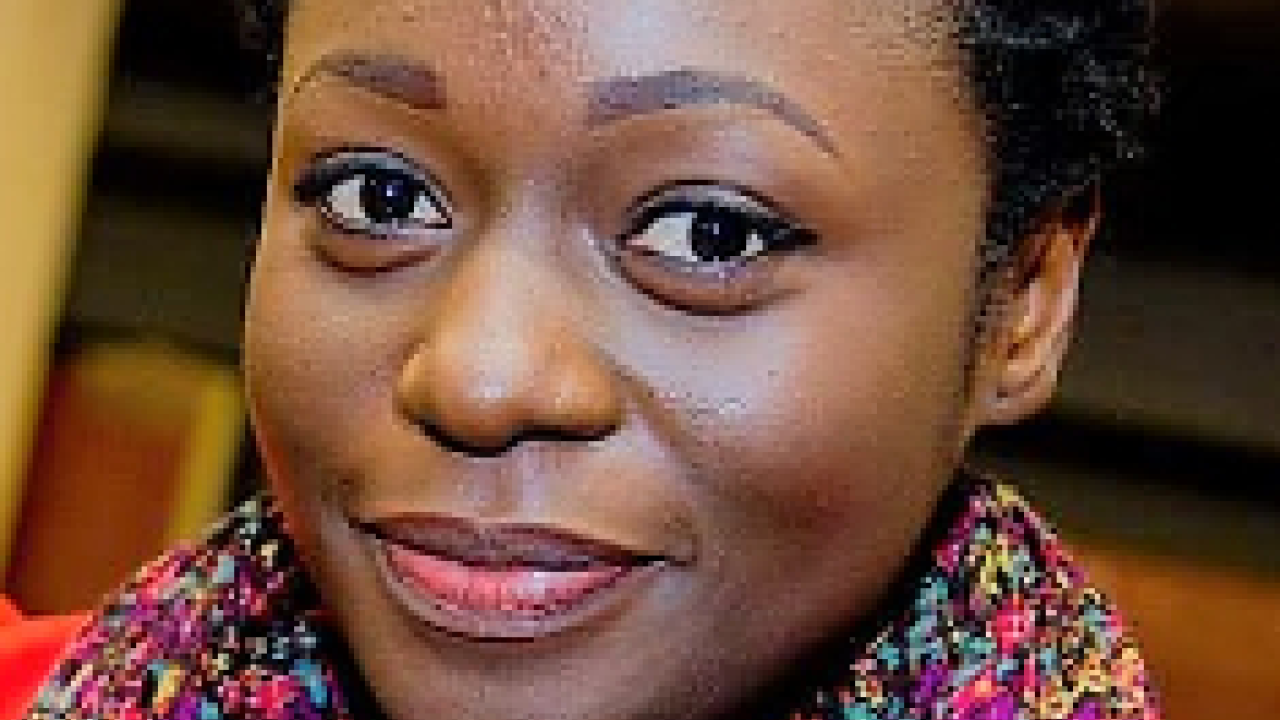First OWSD Early Career Fellows Selected
Twenty women scientists will receive research grants under the new OWSD Early Career fellowship programme.

OWSD announces the selection of the first cohort of the OWSD Early Career fellowshipship programme. Twenty women scientists from 12 countries in the developing world will receive up to USD 50,000 to lead research projects at their home institutes, and to build up research groups that will attract international visitors. Funding for the fellowship is generously provided by Canada's International Development Research Centre (IDRC).
The first Early Career fellows were selected from a highly competitive pool of candidates based on the strength of their research proposals and their proven scientific excellence as well as leadership skills. They range from a Cameroonian agricultural scientist studying how to improve larvae yield in African river prawns, to a Sri Lankan biochemist aiming to improve early detection of severe dengue fever, to a Congolese physicist creating an energy microgrid system in her country using biofuels generated from solar heat and biomass.
Meet all the 2018 Early Career fellows below.
See a press release about the Early Career fellow in French at bottom.

L-R: Abeer Al-Qatati, Elizabeth Bandason, Pendo Bigambo, Gamou Fall, Claire D'Andre Hirwa

L-R: Nimanthi Jayathilaka, Dimanthi Vihanga Jayatilake, Lilian Daniel Kaale, Hemu Kharel Kafle, Emilia Enjema Lyonga

L-R: Judith Georgette Makombu-Ngueguim, Rosemary Nalwanga, Maryse Dadina Nkoua Ngavouka, Siana Nkya, Shobha Poudel

L-R: Mashura Shammi, Seblework Mekonen Shegen, Kassaye Tolessa Sherge, Munawar Sultana, Meththika Suharshini Vithanage
Abeer Al-Qatati
Palestine
Stuctural, cell and molecular biology
Her research aims to investigate the significance of the TBX2 and TBX3 genes as novel molecular targets for breast cancer diagnosis and treatment. It will investigate patients with high expression of these genes in order to determine a profile of their micro RNA, which can be used to develop a potential biomarker for breast cancer diagnosis and prognosis.
